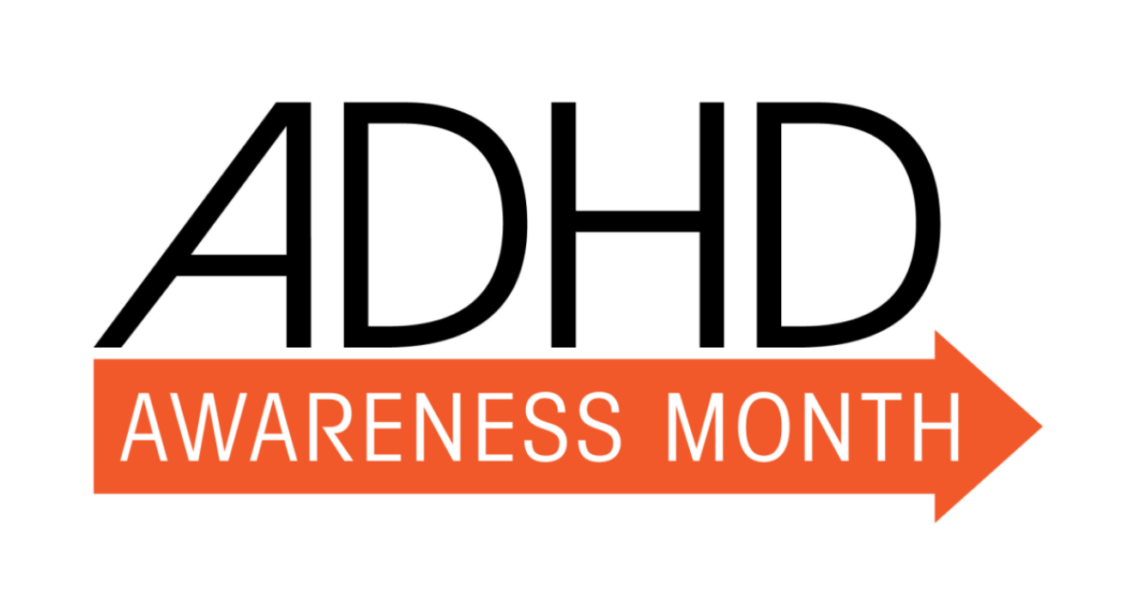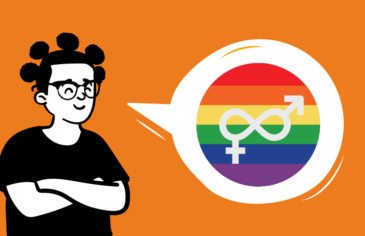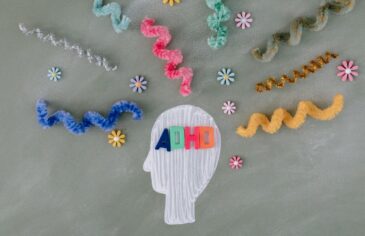Red Balloon of the Air staff member Anabel Stindt has lent her expertise about ADHD to better educate the Red Balloon community.
ADHD Awareness Month
It’s ADHD Awareness Month. The theme for this year is ‘Moving Forward with ADHD’ and there is indeed so much to celebrate about the advances of research in the last few years. We’ve made so much progress, but there’s still so much we need to understand. Most people have a reasonable understanding of the attentional differences in ADHD, however, less commonly discussed are the emotional difficulties experienced by people with ADHD. It is important to remember that emotional dysregulation is in fact a recognised symptom of ADHD.
Emotional dysregulation essentially refers to challenges with understanding and processing your emotional experiences on a daily basis. This can look like frequent extreme mood shifts and emotional reactions which can appear out of proportion to the actual trigger. This is one of the reasons that so many girls and women in particular are misdiagnosed with Bipolar Disorder or Borderline Personality Disorder or EUPD, when in fact, they actually have ADHD and/or autism.
Rejection Sensitive Dysphoria, or RSD, is an important term linked to these emotional regulation issues. It may not be an official diagnosis, but anyone who has it will instantly identify with the symptoms. Essentially it refers to someone having an extremely painful reaction whenever they experience real or perceived, criticism or rejection. The key word here is ‘perceived’ – in other words, the person may have completely misinterpreted the actions or words of the other person, although this is obviously not always the case. RSD is experienced as a physical pain; people talk about it feeling like being punched in the stomach, having a sudden onset migraine or even having chest pains.
And it’s not in anyone’s imagination either; a recent study has found that when people experience rejection, the same area of their brain is activated as would be when they were physically injured. So while there may be misunderstandings involved, there’s no doubt that the pain is real. When you consider the fact that children and young people with ADHD are on average criticised and rejected by both adults and peers far more than neurotypical children are, it doesn’t take a neuroscientist to see why so many people with ADHD struggle with anxiety and depression. Add to this the fact that some parts of the typical ADHD brain mature at a slower rate than neurotypical brains, and we can start to see just how hard this must be when you’re a young person.
What can we do?
So what do we do about it? Well, the first step is often just understanding how your brain works; there’s incredible freedom in knowing that there is a reason why you are struggling with something. That’s not to say that we can then excuse any behaviour; we still have control over what we do with those emotions, but the point is that we can then practice self compassion. Then, when we start to struggle with these emotions, instead of jumping to ‘I’m too emotional, I’m pathetic, I’m just too much’, we can go, ‘ah, here we go brain… what do you need?’ And then we can learn to self-regulate.
One potentially helpful phrase is ‘I can’t control what I feel, but I can control how I react’. If you can stop yourself from jumping straight to judgement of your feelings, and instead accept them, you can often buy yourself the time to respond rather than react. And that can make all the difference.
You Are Enough
So yes, people with ADHD do often have far more intense emotions and reactions than neurotypical people. On the one hand, this can be problematic, especially when combined with the almost inevitable struggles with impulsivity. At the same time, it can mean that they’re open to new experiences and great opportunities, and they see the world in a creative and fun way.
So to every person with ADHD who has ever been called too loud, too sensitive, too intense or just too much in general – actually, you’re probably just about enough.



